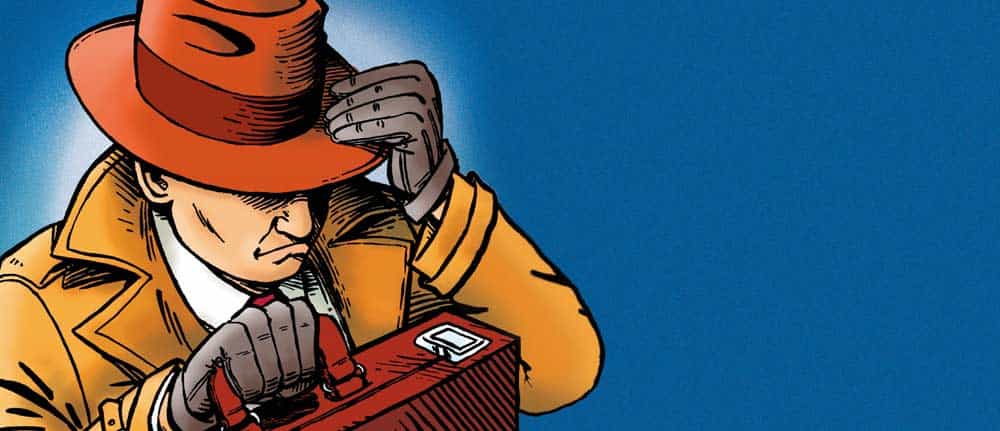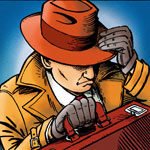So(u)l Man @ Blues Brothers


The Blues Brothers 1978 on their album "Briefcase Full of Blues": I am a soul man, I am a soul man, I am a soul man etc. etc.. Of course you can listen to it on YouTube and since the last SAP regulars' table it is our unofficial anthem.
Our singing sounds sad, which is exactly the mood - or should I write scandal?
The topic of SAP SolMan 7.2 initially passed me by. I have often mentioned here that I have excellent Basis employees, very good CCC managers and also committed SAP partners in my data centers - so I gave little thought to the SolMan release change, some of which had begun and some of which was still pending.
Of course, the start for selected basic units was a SolMan ramp-up with all its pros and cons. At the end of last year, I casually saw the minutes of a CCC meeting and could learn that a finished, stable and recommendable SolMan version was still not available - at a time when the entire community already knew that the end of 2017 was the end of fun:
The necessary Java stack will then no longer be available from Oracle and it cannot be assumed that Larry Ellison will do his intimate enemy Hasso Plattner any favors.
The SAP community experienced the turn of the year with an unfinished SolMan. Only with SPS 4 is there a version of which my employees say:
"You can already use them ..."
All the fixes from the ramp-up won't be available until SPS 5 in May - but I doubt that SolMan 7.2 SPS 5 will be the big Sapphire show.
It never fits into Bill McDermott's run-simple concept. But our DSAG could have taken up the topic more energetically at the 2016 annual congress in Nuremberg.
It was irresponsible to start the new year without a stable SolMan. At our SAP regulars' table, some members are close to despair, there is a lack of resources and time windows in the second half of the year to then still seriously carry out the release change.
The SAP partners, on the other hand, are rubbing their hands, because for them the stress with us existing customers is true revenue. Many night and weekend hours will bust the IT budgets again and in the end everything remains the same.
So again the question will come from the management: What did we get for the money? What functional changes can we expect? Where is the added value of SolMan 7.2?
My CCC leaders can spend a whole day debating the new features and options of SolMan 7.2, and to prepare for Hana and S/4, the latest version is of course highly recommended. But from a business and organizational point of view, you shouldn't count on any added value. Accordingly, our SAP regulars' table will continue to sing at least until the end of the year: I am a soul man!
And like every year, the same discussion: Off to Orlando to see Hasso Plattner, Bill McDermott and Bernd Leukert?
And like every year, the same answer: No!
I'm curious to see how long SAP can keep up this monolithic approach. The USA and Europe are moving further and further away from each other. While in "good old Europe" cautious attempts are being made to move in the direction of Hana and S/4 in the productive environment - I am not talking about the countless PoCs here - the existing US customers are sticking with stable R/3 (without maintenance and maintenance fees) and are not afraid of the cloud.
S/4 is not a sustainable topic among my colleagues in the USA. Instead, there is a lively discussion in the Asian region about the invisible need for a maintenance fee.
Traditionally, hardly any maintenance costs are paid in China and other countries. Many years ago, I already reported about R/3 pirate copies, which are apparently also in use at our suppliers.
Accordingly, things do not look good for SAP's 2020 and 2025 plans. S/4 adoption in Europe is too slow, broad SAP knowledge for customizing Hana and S/4 is not available in the U.S., and sloppy conditions in Asia prevent a speedy release transition to S/4.
It is therefore not surprising that SAP has cautiously asked Oracle and IBM whether it might not be possible to extend the database contracts beyond 2025.
SAP CEO Michael Kleinemeier mentioned in the DSAG circle that a final Hana and S/4 landscape is to be expected "at the earliest" in 2025. "Never change a running system" and the digital transformation will also succeed with ECC 6.0.
The fear is that SAP will lose its overview in the coming years: The core ERP business does not run itself and the edges like SuccessFactors, Ariba, Hybris, IoT, Fiori, AI etc. make a lot of work.
One must preserve and innovate. You have to be competitive and maintain your own core competence. You have to play along and be unique.






